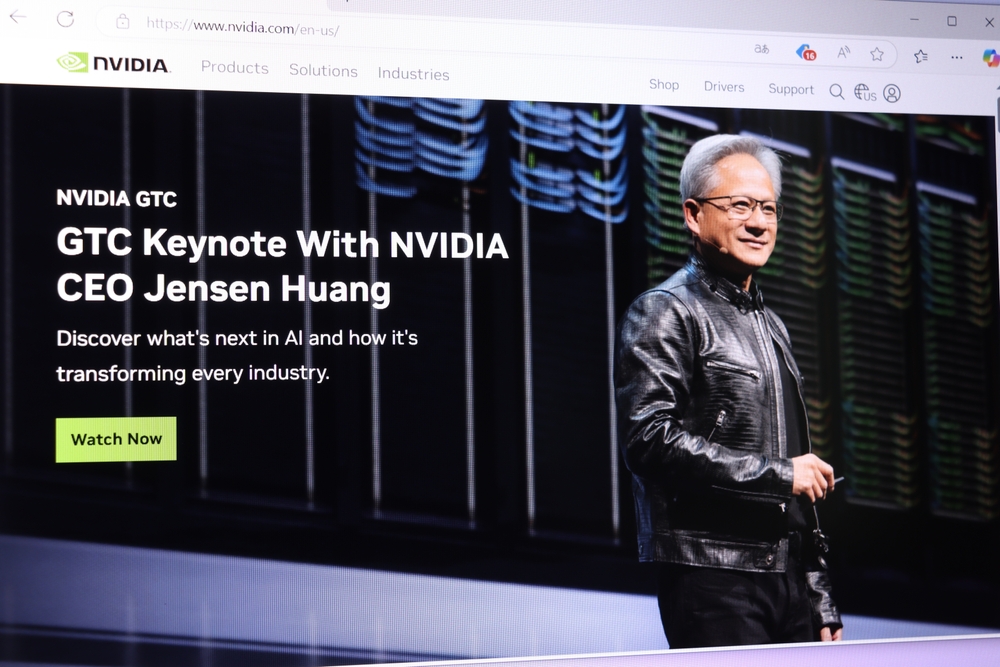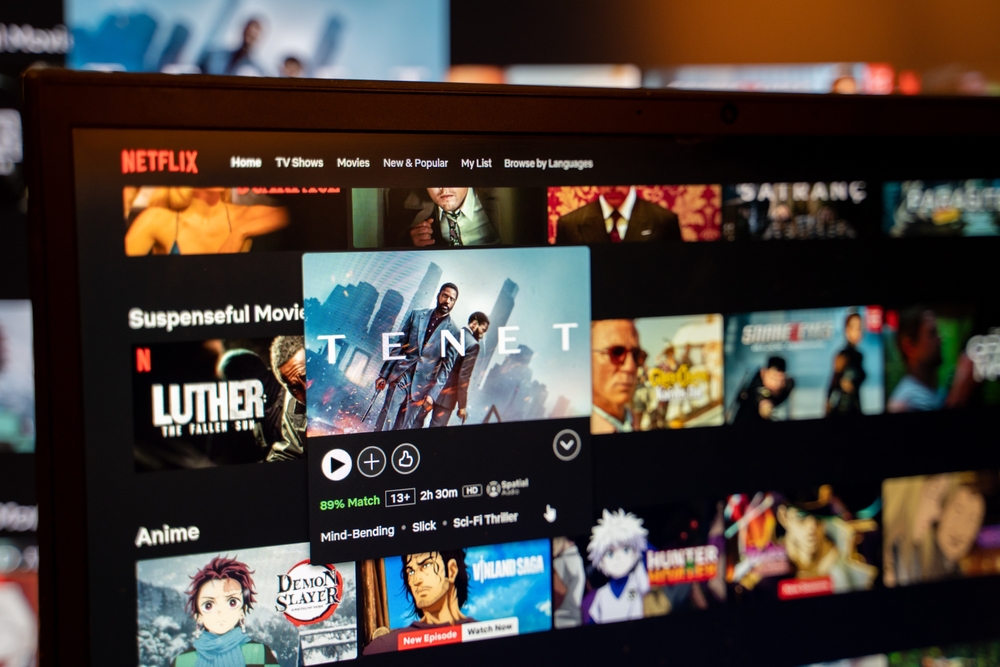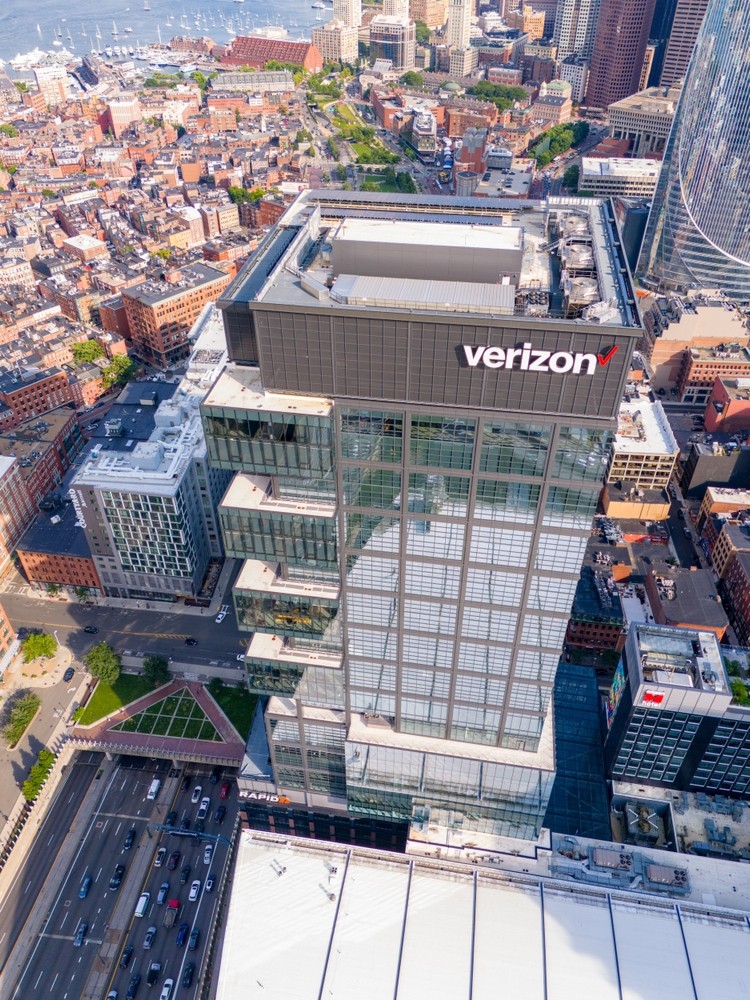Nvidia’s earnings report this week has become the latest litmus test for Wall Street’s conviction in the artificial-intelligence trade, a rally that has powered markets for more than a year and now faces rising scrutiny. Investors are weighing whether the industry’s blistering growth can continue—or whether expectations have stretched too far.
Skepticism has crept in as analysts flag the increasingly complex web of partnerships and supplier agreements within the AI ecosystem, which some fear may be exaggerating reported demand. The anxiety has already prompted notable investors, including Peter Thiel and SoftBank founder Masayoshi Son, to pare back positions in Nvidia. Son has since shifted significant capital toward OpenAI, underscoring a broader rotation within the sector.
Still, demand for Nvidia’s chips remains robust. Major cloud providers are pushing ahead with multibillion-dollar data-center expansions, and analysts project another quarter of sizable revenue gains—despite comparisons to last year’s exceptionally strong surge.
“Nvidia is essentially the center of gravity for market psychology right now,” said Neil Azous of Rareview Capital. “It’s unusual for a single stock to carry this much influence, but in AI, Nvidia sets the tone.”
Others are taking the opposite side. Michael Burry, known for his contrarian bets, has wagered against the chipmaker. He has cited concerns that large technology firms are using accounting and hardware-management tactics—such as prolonging the stated lifespan of AI equipment—to smooth earnings and potentially distort demand signals.
Operational challenges also loom. Nvidia continues to struggle to produce enough of its most advanced processors, and its rapid build-out of next-generation systems has marginally pressured gross margins, even as overall profit is expected to climb. Analysts say the company’s heavy capital commitments will be critical to its long-term footing, particularly as geopolitical risks intensify.
Export restrictions on advanced chips to China remain a significant overhang. Chief Executive Officer Jensen Huang has acknowledged that discussions with US regulators have shown little progress, and Nvidia is considering scaled-down versions of its products to maintain a foothold in the Chinese market. The impasse adds another layer of uncertainty to a company already carrying the weight of Wall Street’s AI ambitions.
With the earnings release approaching, investors are bracing for what could be a defining moment for both Nvidia and the broader market narrative around artificial intelligence.





